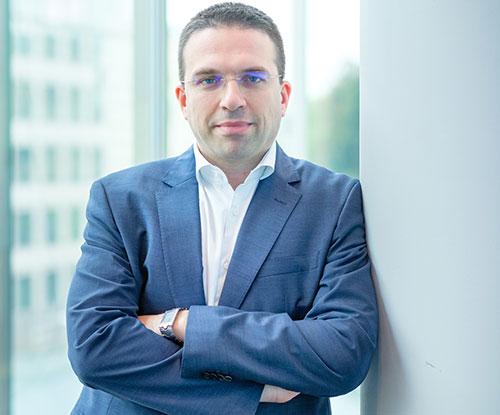EU and Comparative Law Issues and Challenges
Keynote Speakers
Zlata Đurđević

EU Rule of Law on Trial: Institutional and Security Barriers to the EPPO’s Prosecutions, with a Focus on Croatia
This lecture explores the institutional and legal challenges facing the European Public Prosecutor’s Office (EPPO), with a focus on a recent high-profile corruption case in Croatia. The case highlights a jurisdictional conflict between EPPO and the national anti-corruption office (USKOK), where USKOK intervened despite EPPO’s prior investigation, and the Croatian Chief State Prosecutor ruled in USKOK’s favor without notifying EPPO—contravening EU procedural and legal norms. The lecture critically examines five core issues: the improper assumption of jurisdictional authority by national prosecutors; the denial of procedural fairness to EPPO; the conflict of interest inherent in the Croatian GDO’s multiple roles; a fundamental misunderstanding of EPPO’s institutional independence as an EU body; and the broader implications for the rule of law in Croatia. The case exposes systemic barriers to EPPO’s effectiveness, signaling an urgent need for legislative reform to safeguard EU legal supremacy and ensure the independence and functionality of EPPO across member states.
Zlata Đurđević is a tenured professor of law at the Faculty of Law, University of Zagreb and visiting professor at the University of Luxembourg. She specializes in Criminal Procedural Law, International and European Criminal Law, Human Rights Law, International Cooperation in Criminal Matters, Organization of Judiciary and Psychiatric Law. She was visiting scholar at Yale Law School, Berkeley Law School, Faculty of Law in Ljubljana, the University of Augsburg (Germany), “Karl-Franzens” University of Graz (Austria), and at the Max-Planck-Institute (Germany). She is laureate of the International Justitia Award 2022 in the category achievements in the Academia that honors the most outstanding women in legal professions of the year.
Professor Đurđević obtained her LL.M in Criminal Law and J.D. from the University of Zagreb and holds a MPhil Degree in Criminology from the University of Cambridge. She passed the judicial state exam. She is the recipient of several international awards, among which the EU Marie Curie FP7 project, the Chevening Scholarship, the German Academic Exchange Service (DAAD), the Austrian Exchange Service (OAD), and a Fulbright Visiting Scholarship. She is fluent in English, proficient in German and French.
Professor Đurđević is a prominent member of several international and national scientific and legal associations. Since 2009 she is a member of the Executive Committee of the International Organization of Penal Law (AIDP) which is the oldest association of specialists in penal law and since 2008, a contact point for Croatia in European Criminal Law Academic Network (ECLAN). She is president of the Croatian Association of European Criminal Law and was president of the Croatian Association of Criminal Sciences and Practice (2016-2020). She is an Editor-in-Chief of the Journal Croatian Annual of Criminal Law.
Professor Đurđević has had occasion to serve many times in a consultancy capacity to governmental, judicial, public and non-governmental organizations in fields ranging from human rights to compliance with international and European law.
Professor Đurđević has published eight books, over 80 articles (in Croatia and abroad), and presented at over 100 national and international conferences in the country and abroad. She was a leader in 15 scientific research projects, 11 of which were international and four domestics, and participated as a researcher in 13 scientific projects.
Viktorija Trajkov

The reform agenda and the EU growth plan
Recognizing the importance of economic and social stability, the Government of the Republic of Macedonia has adopted the Reform Agenda for the period 2024–2027. This agenda is aligned with the EU Growth Plan, which foresees additional EU investments and support, with an estimated €750 million available.
Our path toward the European Union remains filled with challenges, but it also offers significant opportunities. Every step we take—every reform implemented and every agreement concluded—builds the foundation for our future as an equal member of the European family. With dedication, unity, and the continued support of our partners, we are confident that Macedonia will realize its European aspirations and secure a better future for all its citizens.
Viktorija Trajkov, PhD, is the Deputy Minister for European Affairs and has been a professor at the University of Skopje for the past five years. Prior to her current role, Dr. Trajkov served as a career diplomat in the Ministry of Foreign Affairs of the Republic of Macedonia for 15 years. Her work focuses on women's rights, youth programs, and advancing the European Union enlargement process with a strong emphasis on Macedonia’s integration.

